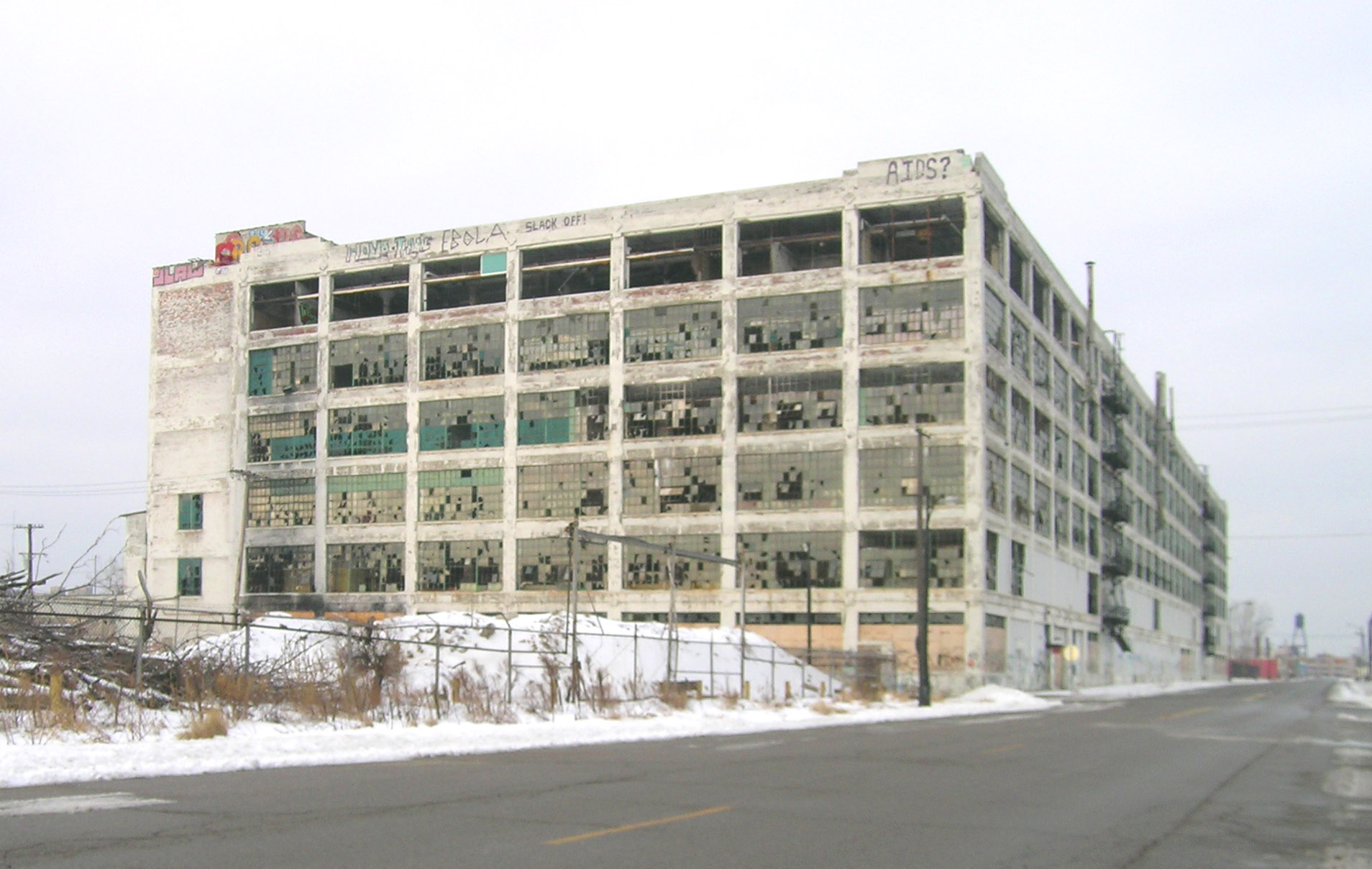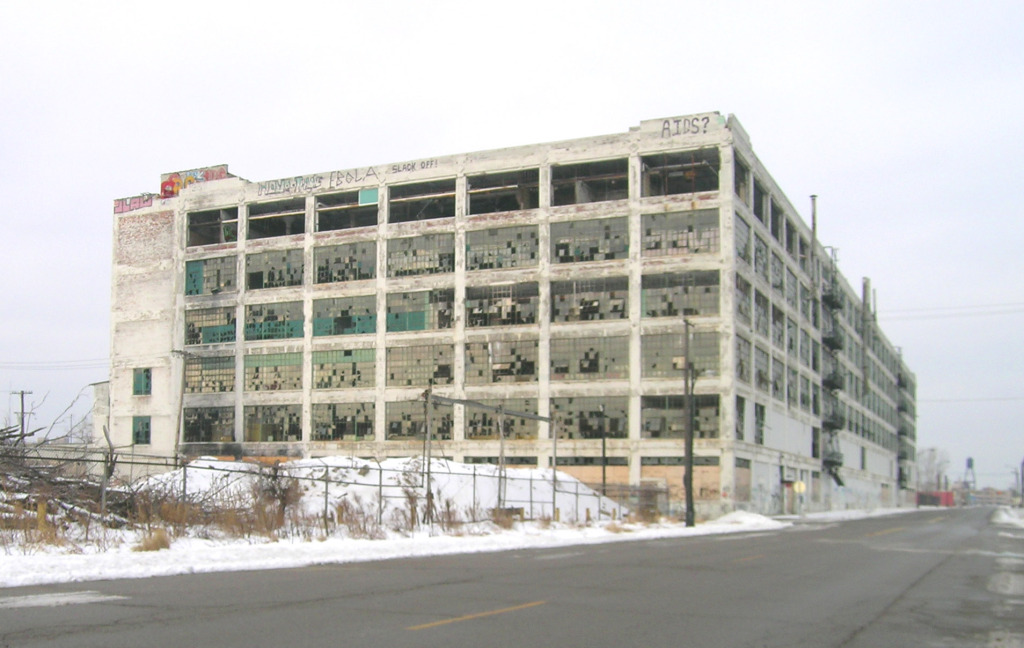The history of techno is inextricably linked to Detroit, but if there’s any other city that’s played a formative role in the genre’s development, it would be Berlin.
In 1991 — just two years after the fall of the Berlin Wall separating East from West and mere months before Germany unified — investor Dimitri Hegemann turned an abandoned bank vault underneath the war-damaged Wertheim department store into Tresor, one of the world’s most famous techno clubs. Now, he’s hoping to do the same thing in the Motor City, and he’s got his sights set on Fisher Body 21 — the former auto plant near the intersection of 1-94 and 1-75.
To help bring this dream into reality, Hegemann has sought the help of Detroit real estate developer Ed Siegel and another Detroit architect, as well as a Swiss foundation that aims to restore buildings in disrepair. One hurdle to the project is contamination issues at the site, but Hegemann and team are confident that they can be dealt with; if not, Hegemann will look into the derelict Michigan Central Station as another possibility.
According to Walter Wasacz, an area music journalist who is serving as the Berlin investor’s point person, Hegemann’s “love of Detroit is palpable. When [he was] here it was expressed daily and often.”
A recent meeting of the Detroit-Berlin Connection, which Hegemann spearheads, drew hundreds of people. If the plans to transform this 536,000 square foot space succeed, that connection will come to life in musical form. Detroit City Councilwoman Raquel Castenada Lopez recently visited one of Hegemann’s other venues — Kraftwerk Berlin — and has expressed encouragement at the prospects of the project. For now though, Dimitri Hegemann insists “it’s about the soul.”

